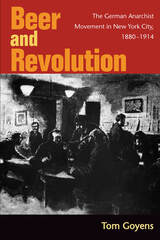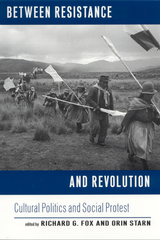John Brown: A Biography
Westholme Publishing, 2024
Paper: 978-1-59416-433-0
See other books on: Du Bois, W. E. B. | John Brown | King, William S. | Slavery | Social Activists
See other titles from Westholme Publishing
Paper: 978-1-59416-433-0
ABOUT THIS BOOK | AUTHOR BIOGRAPHY
ABOUT THIS BOOK
In the preface to his biography of John Brown, W. E. B. Du Bois writes that the book “is at once a record of and a tribute to the man who of all Americans has perhaps come nearest to touching the real souls of black folk.” Du Bois alludes to this in Souls of Black Folk when he describes John Brown’s actions: “led by [Charles Lenox] Remond, [William Cooper] Nell, [William] Wells-Brown, and [Frederick] Douglass, a new period of self-assertion and self-development dawned. To be sure, ultimate freedom and assimilation was the ideal before the leaders, but the assertion of the manhood rights of the Negro by himself was the main reliance, and John Brown’s raid was the extreme of its logic.” First published in 1909, the same year Du Bois helped found the NAACP, John Brown is a studious account of the fiery abolitionist’s life, while throughout are asides intertwined in the narrative that provide additional insights into Du Bois’s thoughts on race and America. The life of John Brown carries a message that still resonates in twenty-first century, and Du Bois makes it his refrain throughout this volume: “The cost of liberty is less than the price of repression.”
This edition is introduced by John Brown scholar William S. King, who provides the background to the writing of the biography which took place during a turbulent time of race relations and competing visions from Booker T. Washington and Du Bois for the future of Black Americans. “Du Bois,” King reminds us, “remains one of the best writers on this phase of American history, which is still at our core.”
This edition is introduced by John Brown scholar William S. King, who provides the background to the writing of the biography which took place during a turbulent time of race relations and competing visions from Booker T. Washington and Du Bois for the future of Black Americans. “Du Bois,” King reminds us, “remains one of the best writers on this phase of American history, which is still at our core.”
See other books on: Du Bois, W. E. B. | John Brown | King, William S. | Slavery | Social Activists
See other titles from Westholme Publishing












